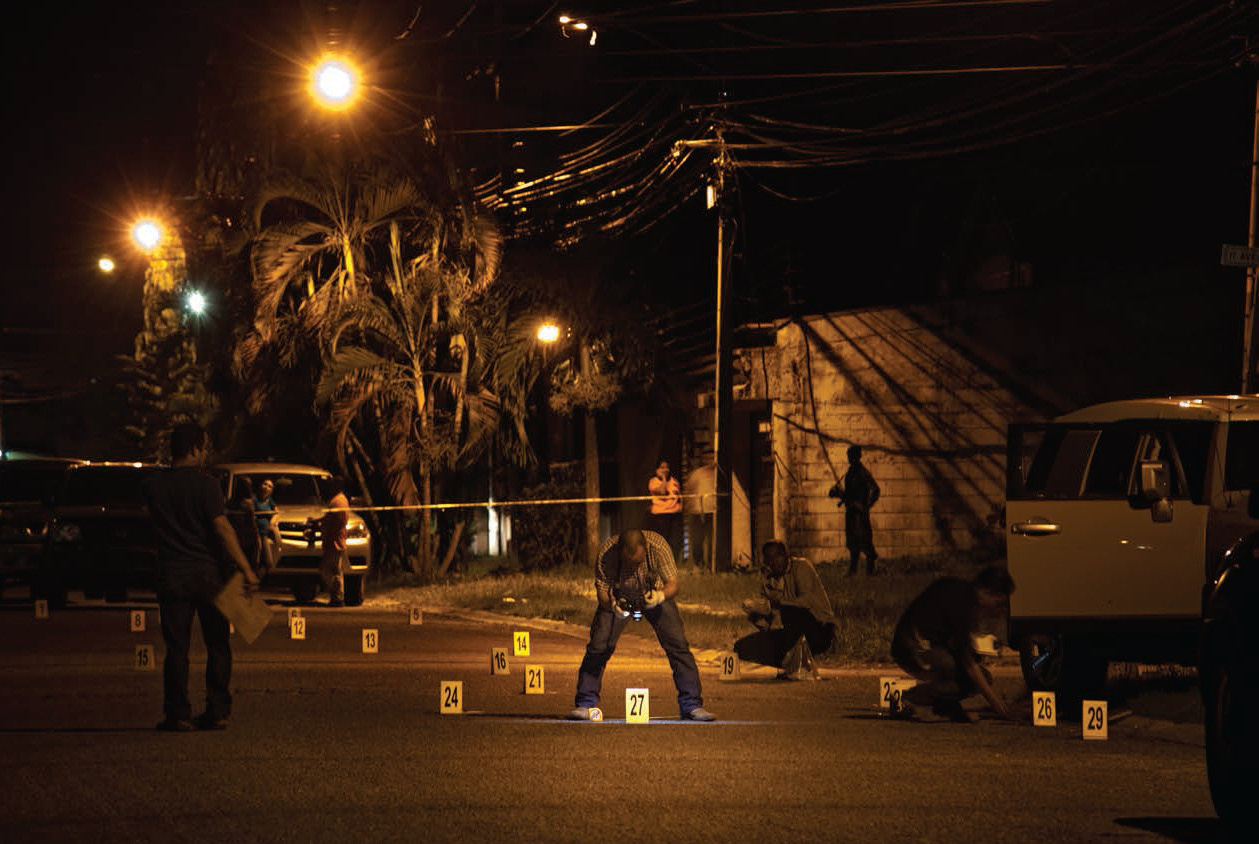Ricardo Soto
Ricardo Soto was an environmental and indigenous people's rights defender, who was killed on 25 August 2013. María, from the San Francisco Campo community, belonged to a tribe of the Tolupán indigenous people, in the Yoro zone (Honduras). Before being assassinated, he had been involved in a peaceful protest against a local antimony mining operation and the construction of a hydroelectric dam in their indigenous zone.
On 25 August, human rights defenders María Enriqueta Matute, Armando Fúnez Medina, and Ricardo Soto Fúnez were participating in a peaceful sit-in protest in San Francisco Campo, blocking the main road to Locomapa together with some 150 other Tolupán indigenous people. The protesters refused to let any traffic through. Around 5pm, the protesters were approached by two men known locally, who after a short exchange of words opened fire on the three human rights defenders. Armando Fúnez Medina and Ricardo Soto Fúnez died on the spot, while María Enriqueta Matute ran to her nearby home, where she was tracked down by the gunmen and fatally shot.
The roadblock involved several indigenous communities in the area and had been in place since 14 August 2013. However, the indigenous local residents of the region have been organising social protest for the past four years, since an antimony mining operation started up in the region. In addition to this, a large hydroelectric dam is currently under construction and the inhabitants have had their traditional community lands seized by local landowners. None of the large-scale development projects engaged in the required prior consultation with the local population. In July 2012, the community sent an open letter to the Minister for Justice and the Secretary for Indigenous Affairs about a timber magnate in the area, whose forestry operations had resulted in death threats and arbitrary arrests of members of the community who voiced their opposition to the mining and forestry operations.

